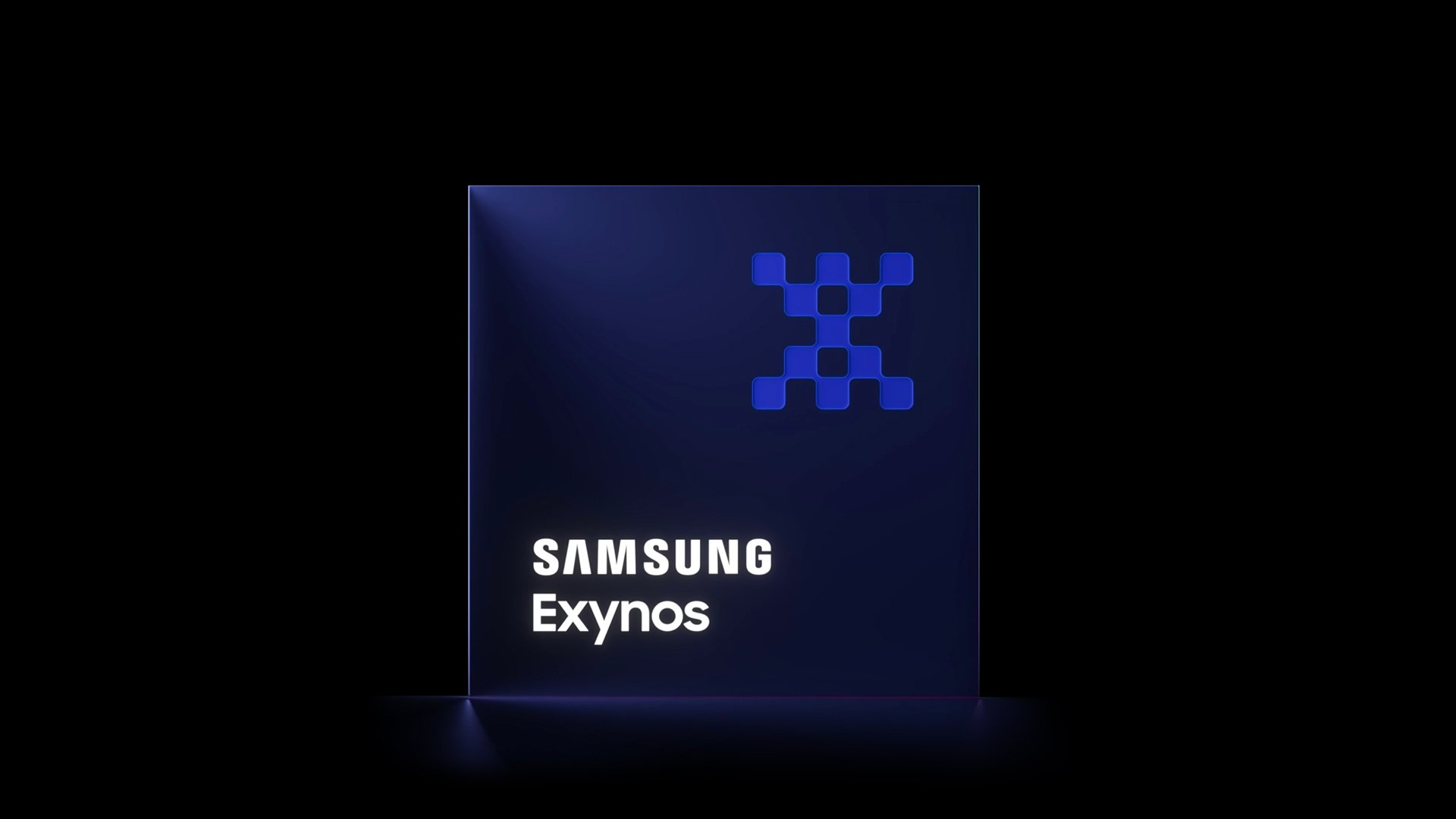
Unfortunately for Samsung's chip-making division, Exynos carries heavy baggage, and many people don't want to risk being fooled again. I sometimes wonder if there's anything Exynos can do to save itself from its reputation and past mishaps.
Maybe all it takes is for Samsung to shuffle the pieces and change the playing field just a bit. Maybe, just maybe, Samsung did exactly that at the end of September when it announced the Galaxy Tab S10 series.
As you may have heard, there's a new player on the Galaxy board, and its name is MediaTek. I'm wondering if Samsung might have a hidden plan to use this new player to bring Exynos back into everyone's good graces and show people that Snapdragon isn't invulnerable.
MediaTek could be a blessing in disguise for Samsung's in-house chip
Until recently, Samsung looked at Snapdragon and Exynos as the only chip brand options for Galaxy devices. And because of past mistakes regarding Exynos, the only “real” choice in the minds of many Samsung fans has been Snapdragon.
Inadvertently, the failures of Exynos helped solidify the Snapdragon name. Exynos made Snapdragon even more powerful, to the point where it almost feels invincible, especially when under attack from Exynos.
However, a couple of weeks ago, Samsung did the unexpected and unveiled the premium Galaxy Tab S10 series, rocking a powerful chip from MediaTek. The company threw a new variable into the mix, and this may have been a very clever and calculated move.
You see, even if Exynos does a stellar job and outperforms the equivalent Snapdragon solution one year, many people would have a hard time believing it. Exynos would have to prove its mettle year after year before some people would slowly warm up to the idea that Snapdragon isn't invincible in the face of Exynos.
Unfortunately, Exynos might no longer have the luxury of playing that long-term game. But a new chip brand? Well, a new chip brand could have the power to change people's perception about Snapdragon in an instant.
The story continues after the video
This is where I believe MediaTek might come in handy. Proverbially speaking, MediaTek might help Samsung wean Galaxy fans off Snapdragon in a manner Exynos might no longer be able to. This third chip brand might not help Exynos become better directly. But indirectly, it might break Snapdragon's armor just enough for Exynos to find a way in.
MediaTek could do what Exynos might no longer be able to
Think of it as a two-pronged strategy. On the one hand, MediaTek could help Samsung fans get used to the very notion that Snapdragon isn't the only way — something Exynos might no longer be able to pull off on its own.
On the other hand, while Samsung uses MediaTek to release its fanbase from the Snapdragon spell, Exynos could slowly climb back into the graces of more Samsung fans who have warmed up to the idea that there could be a better way besides Snapdragon.
The way I like to think about it is that MediaTek might be the best backdoor, or Trojan horse if you will, Exynos could hope for. But, of course, for this 3D chess strategy to work, Samsung would have to make sure that every premium-grade Exynos chip released from here on out is darn near perfect. Likewise, MediaTek would have to play its part in keeping the pressure on Qualcomm as Exynos prepares to strike.
In other words, Samsung would have to use MediaTek for more premium Galaxy devices, including high-end smartphones. And MediaTek would have to use this amazing exposure as an incentive to really push the bar and develop better chips, all the while giving Exynos some breathing room to perfect itself.
However, this strategy wouldn't work for flagship phones right now. The Dimensity 9300+ chip used by the Galaxy Tab S10 series looks powerful next to the Snapdragon 8 Gen 2. But it can't outperform the newer Snapdragon 8 Gen 3. Neither MediaTek or Exynos are ready to bring Qualcomm down at this very moment. But the tables could turn in the coming years. And by involving MediaTek in its fight, Samsung could help Exynos in the long run.
Then again, even if this is something Samsung might have been planning all along, the plan could still backfire. If it does, we might end up with even fewer premium Galaxy phones taking advantage of the superior Qualcomm solution and more markets using a mix of poorer Exynos and Mediatek chips.
















